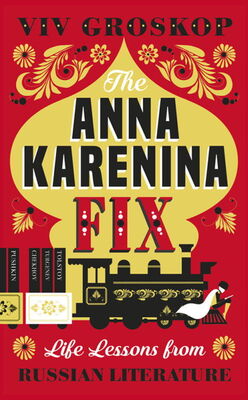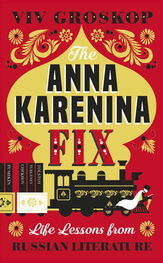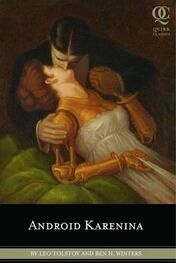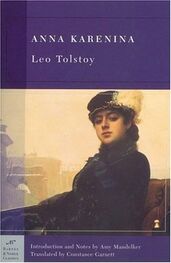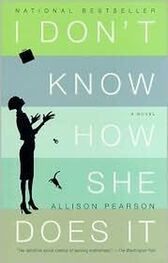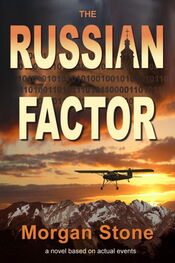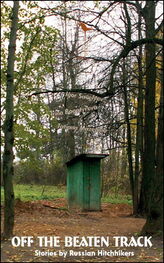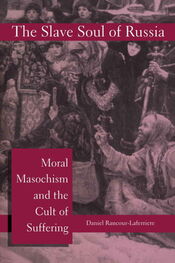Of course, I realize now that none of this matters. It’s good to know where you come from in the past, but it’s more important to know who you are right now. And the two are not the same. Gershon and I have somehow come full circle. He clearly decided – probably subconsciously – that if he was going to start a new life, he was going to let go of his old identity and be British. There was no need to mention that he was Jewish. Within a few generations, it had become the truth. I went the opposite way, trying to erase his attempts to assimilate. We were both just trying to make life easier for ourselves – and more meaningful. Isn’t that what everyone tries to do? He wanted to belong somewhere. So did I. My truth was no better – and no worse – than his. Neither of us had it quite right. He wasn’t British, and I’m not Russian. We can meet in the middle. Because we are all a sum of the people we come from. And yet we’re also nothing to do with them. Much more than our history, we are an expression of the things we have seen, the books we have read, the people we have known and loved in this lifetime. Tolstoy knew this better than anyone, and it was the one truth he championed with the same passion he reserved for his occasional slice of lemon tart. ‘Everything that I understand,’ he wrote, ‘I understand only because I love.’
This reading list details all the translated texts I worked from and gives a summary of many of the secondary sources I drew on. Anything I mention here is included because I recommend it. One book in particular forms the backdrop to this whole project. It is an essential read for anyone who loves the Russian classics: Elif Batuman’s The Possessed: Adventures with Russian Books and the People Who Read Them (Granta, 2012). I interviewed Elif Batuman for the Daily Telegraph in 2011, and it was that conversation which galvanized me to develop the ideas in this book, which had been brewing since I took my undergraduate degree in Russian in 1995. For wonderful background on Russian fiction in translation, I must recommend David Remnick’s legendary 2005 New Yorker essay ‘The Translation Wars’, which explains why the best translators see their work as similar to the restoration of great paintings, why Tolstoy was better paid than Dostoevsky and why the words ‘f***ing bastards’ should not appear in War and Peace .
Introduction
The edition of Lev Tolstoy’s A Calendar of Wisdom referred to is the 2015 Alma Classics paperback, translated by Roger Cockrell.
1. How to Know Who You Really Are: Anna Karenina by Lev Tolstoy
I’ve worked from the 2000 Penguin Classics edition, translated by Richard Pevear and Larissa Volokhonsky, although I also make reference to the first edition of Anna Karenina I ever read, Rosemary Edmonds’s 1978 translation, also Penguin Classics. (This is the one with Kramskoi’s Portrait of an Unknown Woman on the cover.). See also A Confession by Lev Tolstoy from the Penguin Books Great Ideas series (2008), translated by Jane Kentish. This chapter – and the idea for this book – was inspired partly by Pavel Basinsky’s wonderful biography Leo Tolstoy: Flight from Paradise (Glagoslav, 2015), translated by Huw Davies and Scott Moss. A friend gave me a copy of the book in Russian when it first came out in 2010. I was then lucky enough to interview Pavel Basinsky at the London Book Fair in 2014 for the PEN Literary Salon. I’ve also drawn on some of the stories and anecdotes A. N. Wilson recounts in his excellent biography Tolstoy (Atlantic Books, 2012) and on Henri Troyat’s biography Tolstoy (Penguin, 1970), translated by Nancy Amphoux.
2. How to Face Up to Whatever Life Throws at You: Doctor Zhivago by Boris Pasternak
I used the 2002 Vintage edition of Doctor Zhivago , translated by Max Hayward and Manya Harari. A Captive of Time: My Years with Pasternak – The Memoirs of Olga Ivinskaya (Collins and Harvill Press, 1978), translated by Max Hayward, was hugely useful for background.
3. How to be Optimistic in the Face of Despair: Requiem by Anna Akhmatova
I worked from The Complete Poems of Anna Akhmatova (Canongate, 2000), edited with an introduction by Roberta Reeder and translated by Judith Hemschemeyer. This is a spectacular edition of Akhmatova. I also recommend Twentieth-century Russian Poetry (Fourth Estate, 1993), edited by Albert C. Todd and Max Hayward (with Daniel Weissbort), foreword by Yevgeny Yevtushenko, for an excellent introduction to Russian poetry in general.
I am a bit of an Akhmatova geek (I wrote my undergraduate dissertation on ‘Poem Without a Hero’) and so I recommend a lot here: The Guest from the Future: Anna Akhmatova and Isaiah Berlin by György Dalos (Farrar, Straus and Giroux, 1999), translated by Antony Wood; Anna Akhmatova: Poet and Prophet by Roberta Reeder (St Martin’s Press, 1994); Anna of All the Russias: The Life of Anna Akhmatova by Elaine Feinstein (Vintage Books USA, 2007); Remembering Anna Akhmatova by Anatoly Nayman (Henry Holt & Co., 1993), translated by Wendy Rosslyn; Anna Akhmatova: A Poetic Pilgrimage by Amanda Haight (Oxford University Press, 1990); and The Akhmatova Journals by Lydia Chukovskaya (HarperCollins, 1994). I also found Nadezhda Mandelstam’s Hope against Hope (Harvill Press, 1971), translated by Max Hayward, hugely helpful for background.
4. How to Survive Unrequited Love: A Month in the Country by Ivan Turgenev
I used a very easily available (and cheap) edition of A Month in the Country: A Comedy in Five Acts , the one from CreateSpace Independent Publishing Platform (2015). It’s the Constance Garnett translation. I’ve drawn on material from the 2000 Bloomsbury edition of Turgenev’s Letters , edited and translated by A. V. Knowles. I’ve also used anecdotes from Avrahm Yarmolinsky’s Turgenev: The Man, His Art and His Age (Orion Press, 1959); Robert Dessaix’s beautiful travelogue Twilight of Love: Travels with Turgenev (Scribner, 2005); and Turgenev: A Life by David Magarshack (Faber and Faber, 1954).
5. How to Not be Your Own Worst Enemy: Eugene Onegin by Alexander Pushkin
I worked from the 2003 Penguin classics edition of Eugene Onegin , translated by Charles Johnston. Very few books have given me as much pleasure and as many laughs as The Feud: Vladimir Nabokov, Edmund Wilson and the End of a Beautiful Friendship by Alex Beam (Pantheon, 2016). For more on the background to the relationship between Wilson and Nabokov, see Dear Bunny, Dear Volodya: The Nabokov–Wilson Letters, 1940–1971 (University of California Press, 2001), edited by Simon Karlinsky.
6. How to Overcome Inner Conflict: Crime and Punishment by Fyodor Dostoevsky
I worked from the 1993 Vintage edition of Crime and Punishment , translated by Richard Pevear and Larissa Volokhonsky. Isaiah Berlin’s essay ‘The Hedgehog and the Fox’ is in his collection Russian Thinkers (Hogarth Press, 1978), which also has useful chapters on Turgenev and Tolstoy. I heartily recommend Ronald Hingley’s biography Dostoyevsky: His Life and Work (Charles Scribner’s Sons, 1978). Also useful: Dostoevsky and the Woman Question by Nina Pelikan Straus (Palgrave Macmillan, 1994); Dostoevsky’s Greatest Characters: A New Approach to ‘Notes from the Underground’ , Crime and Punishment and The Brothers Karamazov by Bernard J. Paris (Palgrave Macmillan, 2008); and Dostoevsky: Works and Days by Avrahm Yarmolinsky (Funk and Wagnalls, 1971).
Читать дальше